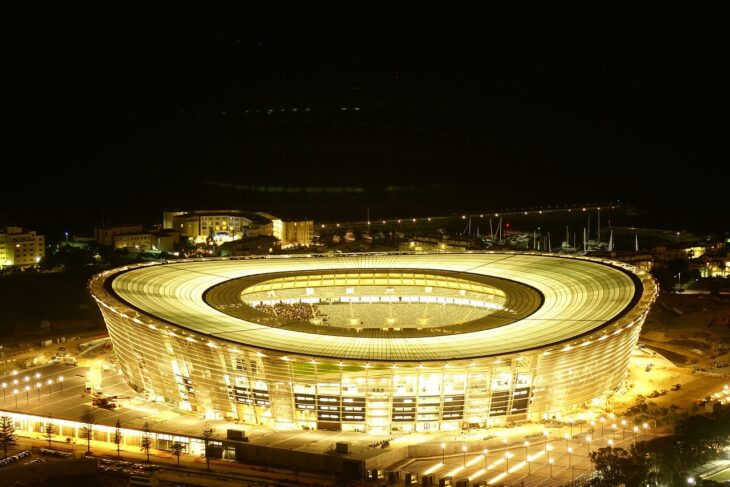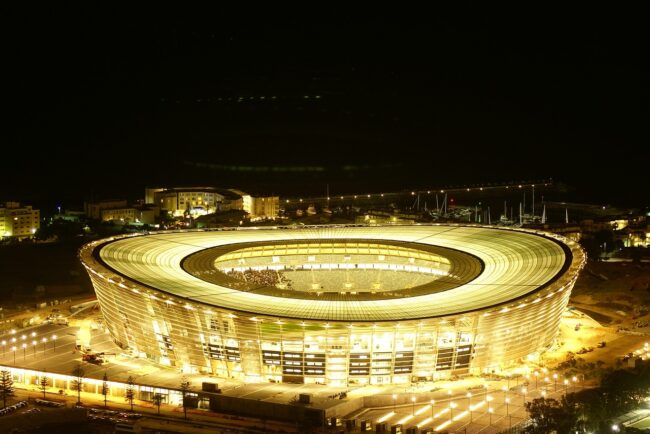
South Africa’s Governance has it’s own changes since well the ANC is no longer fully in charge of the decisions of the country.

In a move highlighting the complexities of South African politics, Bantu Holomisa, leader of the (UDM), has urged Chief Justice Raymond Zondo to play a pivotal role in guiding political leaders towards the establishment of a Government of National Unity (GNU). This call underscores the growing recognition of the need for a collaborative approach to governance amidst the country’s political fragmentation and ongoing challenges.
The Context: Political Fragmentation in South Africa
South Africa’s political landscape has been marked by increasing fragmentation, with no single party commanding a clear majority in recent elections. This has led to the rise of coalition governments at various levels, necessitating a shift from traditional single-party rule to more collaborative forms of governance. However, the coalition arrangements have often been unstable, leading to political stalemates and inefficiencies.
Holomisa’s proposal for a GNU is seen as a potential solution to these challenges. A GNU would involve major political parties working together in a unified government, thus fostering a more stable and inclusive political environment. The concept, while not new, is being revisited as a pragmatic approach to navigate the current political impasse and address the pressing issues facing the nation.
The Role of Chief Justice Zondo
Chief Justice Raymond Zondo is a respected figure in South Africa, known for his role in the Zondo Commission, which investigated state capture and corruption. Holomisa’s suggestion to involve Chief Justice Zondo in the GNU talks is rooted in the belief that his impartiality and legal acumen can help mediate the often-contentious negotiations between political parties.
Zondo’s involvement could ensure that the negotiations are conducted with a high degree of integrity and fairness, crucial for the success of any GNU. His presence would not only lend credibility to the process but also help build trust among the participating parties, which is essential for the formation of a stable and effective coalition government.
The Need for a Government of National Unity
The call for a GNU reflects a broader recognition of the need for a cooperative approach to governance in South Africa. The challenges facing the country, including economic inequality, unemployment, and corruption, require concerted efforts from all political actors. A GNU could provide a platform for more coherent and unified policy-making, enabling the government to address these issues more effectively.
Moreover, a GNU could help restore public confidence in the political system. South Africans have grown increasingly disillusioned with the political class, largely due to the perception of widespread corruption and inefficiency. A unified government, guided by principles of transparency and accountability, could play a significant role in rebuilding trust and fostering a sense of national unity.
Moving Forward
While the idea of a GNU presents a promising pathway, its implementation will not be without challenges. The success of such a government will depend on the willingness of political leaders to compromise and collaborate for the greater good. This requires a shift from partisan politics to a more inclusive and cooperative political culture.
Holomisa’s call for Chief Justice Zondo to facilitate the GNU talks is a step in the right direction, recognizing the need for a respected and neutral figure to guide the process. As South Africa continues to navigate its complex political landscape, the establishment of a GNU could mark a significant turning point, fostering a more stable and united nation.
In conclusion, the involvement of Chief Justice Zondo in the establishment of a Government of National Unity, as proposed by Holomisa, could provide the necessary leadership and impartiality to ensure the success of such an initiative. It represents a bold step towards addressing the political fragmentation and governance challenges in South Africa, offering a potential path to a more stable and prosperous future.




















